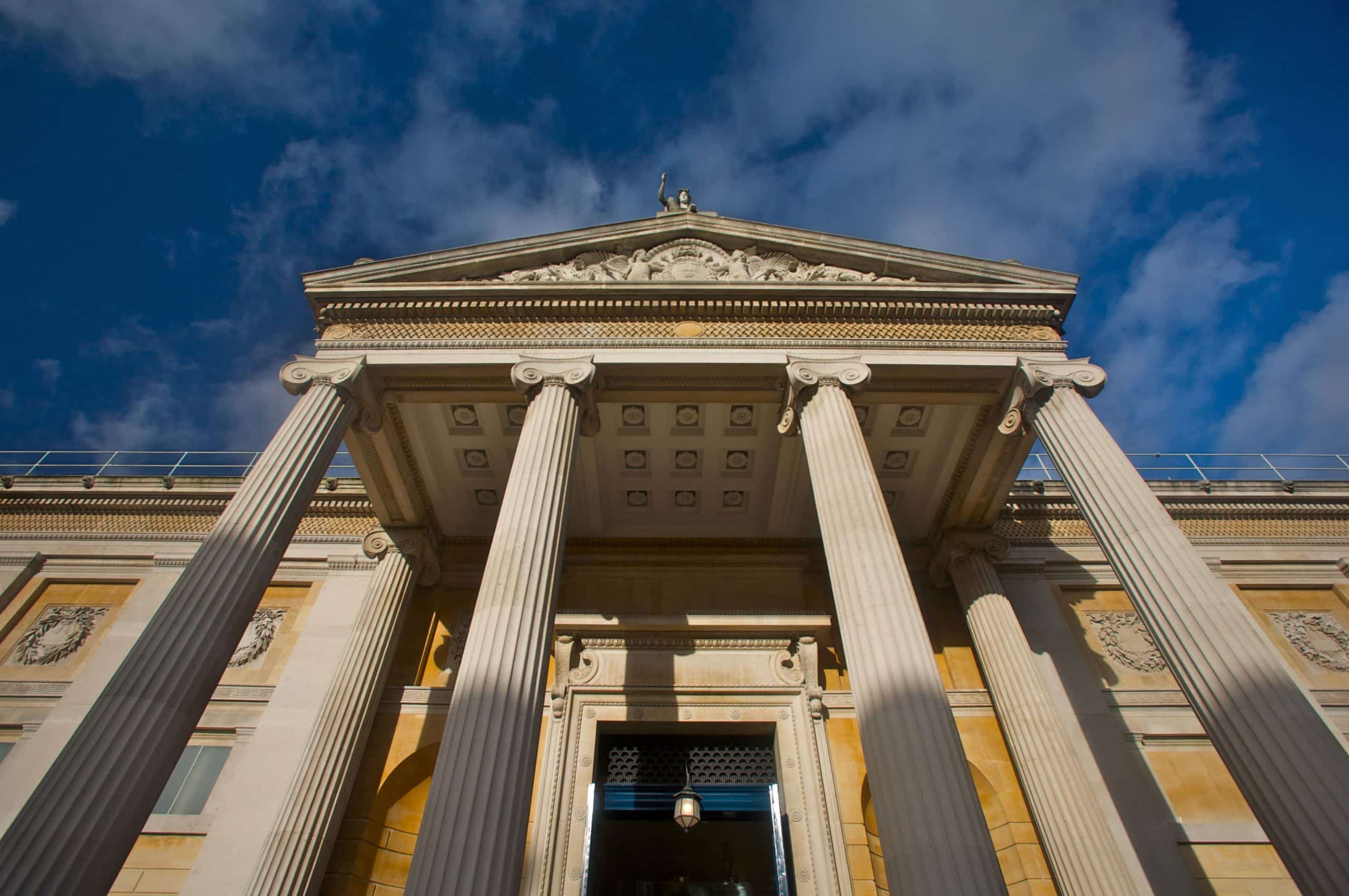New Museum of Climate Hope trail in Oxford: Journeying back in time can help us understand our planet’s future
Friday 21st Jul 2023, 11.42am

A new digital trail through Oxford University’s gardens, libraries and museums aims to highlight positive steps – addressing climate change anxiety by reframing the stories of real artefacts.
Six of Oxford’s museums have come together, along with Rumble Museum at Cheney School in Oxford, to create the interactive, fun and educational activity which can be completed in person, online, or a mixture of both. Visitors will learn more about the artefacts but also life at that time, through multimedia storytelling from Oxford researchers, museum staff and young people.
What is known about the historical items is combined with what was happening in the world at that time and the experience shows that hope, resilience, transformation and innovation have been around a long time and are key to protecting our world.
Each artefact featured in this trail tells its own story…but with a twist – through the lens of environmental change. This long-term view on the relationships between people and the natural world provides an important perspective on current environmental challenges
Bill Finnegan
Bill Finnegan, from the Environmental Change Institute, the project’s creator, says, ‘Following research I carried out last year on climate education, I became increasingly interested in the concept of hope, and how educators can help young people navigate the space between disengagement and despair.
‘Each artefact featured in this trail tells its own story based on what we know about the item, but with a twist – through the lens of environmental change. This long-term view on the relationships between people and the natural world provides an important perspective on current environmental challenges, as well as models for how to navigate them.’
He maintained, ‘If you’re looking for something different to do with children this summer, this gives them the opportunity to think and talk about environmental change, but also to see that the world does care and they can be instrumental in making a difference, and there is positivity ahead.’
This trail provides an opportunity to identify what emotions people have around environmental change and how we can manage them
Dr Tina Fawcett
Dr Tina Fawcett, Senior Researcher and Associate Professor at the ECI, explains, ‘This trail provides an opportunity to identify what emotions people have around environmental change and how we can manage them.’
Meanwhile, Dr Courtney Nimura, Curator for Later European Prehistory at the Ashmolean Museum, says, ‘The Museum of Climate Hope Trail celebrates the amazing collections we hold in the Gardens, Libraries, and Museums and highlights their relevance to pressing, everyday issues such as climate change.
‘We hope young people especially, will find inspiration in these stories as they navigate the current climate emergency.’
The trail is particularly aimed at key stages 2 and 3 (ages 7-14) and for teachers bringing primary and secondary school groups to the Oxford museums. Multimedia content will then also be shared digitally for schools to use in their classrooms after their visit.
We hope young people especially, will find inspiration in these stories as they navigate the current climate emergency
Dr Courtney Nimura
Young people were involved as much as possible in designing the project. Children and sixth formers from Cheney School helped choose which exhibits to display and researched the stories behind them. Others helped film the artefacts for the videos, making the trail digitally interactive. Items were identified and stories created thanks to the student organising committee of the Oxford Schools Sustainability Network and Members of the Natural History Museum’s Youth Forum.
A survey (Hickman et al, 2021) of ten thousand young people aged 16-25 across 10 countries found 59% were very or extremely worried and 84% were at least moderately worried. More than 50% reported each of the following emotions: sad, anxious, angry, powerless, helpless, and guilty.
More than 45% of respondents said their feelings about climate change negatively affected their daily life and functioning, and many reported a high number of negative thoughts about climate change. For example, 75% said they think the future is frightening and 83% said they think people have failed to take care of the planet.
All partners involved in the trail have worked together to co-create the activity and will evaluate the learning experience to aid future research into environmental issues.
Entry to all the museums and Weston Library is free. Entry to Oxford Botanic Garden is free for children under 16, but there is an admission charge for adults. Please check the Oxford Botanic Garden website for more information.
About the Museum of Climate Hope Trail https://climatehope.uk/

